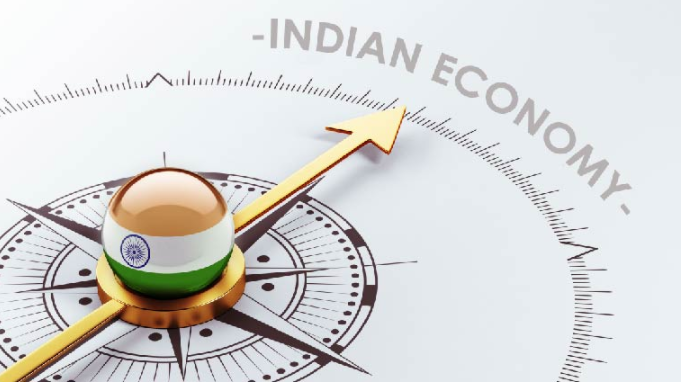The Goods and Services Tax or GST came into effect on the 1st of July 2017. The aim of introducing the tax was to replace all the existing indirect taxes with a single comprehensive tax. Through GST, all indirect taxes such as central excise tax, service tax, VAT and entertainment tax were consolidated. This major step has helped the citizens of India to file their taxes easily without the hassles they faced earlier. And, this article will discuss the impact of GST on the Indian economy.
What is GST?
Goods and Services Tax is levied on the manufacturing and sales of goods and services across the country. The tax is charged at every stage of the manufacturing process. GST is applicable for both the customer and the manufacturer. It is a destination-based tax. This means that GST is to be collected at the point of consumption. So, if a product is manufactured in Bihar and is sold in Bhopal, the tax will be levied in Bhopal. Moreover, at every stage of the manufacturing process where value is added to the product, GST is collected.
The types of GST are as follows:
CGST (Central Goods and Services Tax): The tax is collected by the central government on the intrastate sale of goods and services.
SGST (State Goods and Services Tax):
The state government collects this tax based on the intrastate supply of services and products.
IGST (Integrated Goods and Services Tax): The tax is charged on the supply of products and services between two states. The taxes are shared between the central and state governments.
Effect of GST on the Indian economy
The implementation of GST has significantly affected the Indian economy in the following ways:
Simplification of the tax structure:
GST has simplified the taxation system of the country. As GST is a single tax, calculating taxes at the multiple stages of the supply chain has become easier. Through this, both customers and manufacturers get a clear idea of the amount of tax they are charged and its basis. Further, hassles of handling tax officials and authorities can also be avoided.
Fostering production:
As per the Indian retail industry, the total tax component is around 30% of the product cost. Due to the impact of GST, the taxes have gone down. So, the end consumer has to pay lesser taxes. The reduced burden of taxes has enhanced the production and growth of the retail and other industries.
SME support:
Small and medium enterprises can now register under the Composition Scheme introduced by GST. Through this scheme, they pay taxes according to their annual turnover. Therefore, businesses having an annual turnover of Rs. 1.5 crores only have to pay 1% GST. Moreover, other enterprises having a turnover of Rs. 50 lakh are required to pay 6% as GST.
Enhanced pan India operations:
Companies can now avoid taxation roadblocks, such as toll plazas and check posts. Earlier, these created problems, including damage to unpreserved products while transporting them. So, manufacturers had to keep buffer stock to make up for the damages. These overhead costs of storing and warehousing hampered their profit. A single taxation system has reduced these problems. They can now transport their goods easily across India. This has resulted in the improvement of their pan India operations.
Increase in exports:
GST has reduced the customs duty on exporting goods. The cost of production in the local markets has also decreased due to GST. All these factors have increased the rate of exports in the country. Companies have become more competitive when it comes to expanding their businesses globally.
The introduction of GST has helped merge the taxes of the state and central governments. This has helped remove the cascading effect of multiple taxes. Therefore, the burden of taxes has reduced for companies and customers. Not just this, taxpayers have increased in number and hence, the tax revenues have also increased significantly. The overall taxation system is now easier to administer. Moreover, small- and medium-sized enterprises are able to enhance their businesses. It is expected that GST will help more Indian organisations to establish themselves in the international markets.


